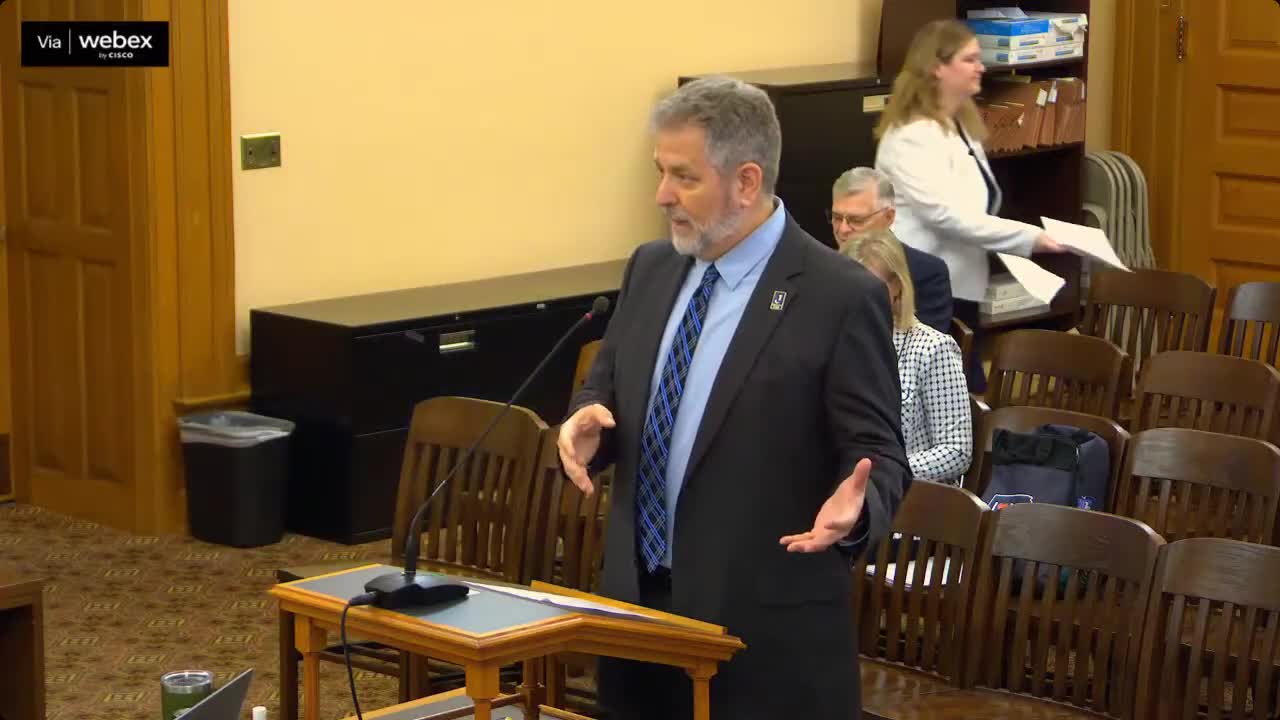Kansas Education Pilot Program Targets Student Cohorts for Improved Academic Outcomes
July 02, 2025 | Special Education and Related Services Funding Task Force, Task Forces, Committees, Legislative, Kansas
Thanks to Scribe from Workplace AI , all articles about Kansas are free for you to enjoy throughout 2025!

This article was created by AI using a video recording of the meeting. It summarizes the key points discussed, but for full details and context, please refer to the video of the full meeting. Link to Full Meeting
The pilot program currently includes 12 districts, although one has recently dropped out due to leadership changes. The primary goal of the pilot is to create a workable system for identifying and supporting at-risk students, rather than solely evaluating results. The districts are tasked with developing plans that include identifying two cohorts of students, one of which must include third graders. However, there is a proposal to shift this requirement to fourth grade, as third graders do not take state assessments until the end of the year, complicating long-term goal setting.
A significant concern raised during the meeting was the requirement that one of the cohorts must consist of students eligible for free lunch. This stipulation has been criticized for limiting teachers' ability to effectively support their students, as they cannot be informed of which students are in this cohort. The Task Force is advocating for the legislature to remove this requirement to enhance the effectiveness of the program.
The districts are also required to establish four-year quantitative academic improvement goals for each cohort and to develop targeted supports and interventions. They must conduct longitudinal evaluations and submit annual reports detailing their progress, which will be publicly posted. The financial aspect of these plans is crucial, as districts will need to tie expenditures to specific interventions to assess their effectiveness.
The meeting also highlighted the challenges faced by smaller districts in forming cohorts due to their limited student populations. The Task Force is working on solutions to ensure that all districts can effectively create and maintain these cohorts, despite varying student mobility rates.
In terms of assessments, the legislation restricts the types of evaluations that can be used, mandating the use of state assessments and allowing for one additional assessment. The pilot districts have yet to recommend specific assessments, as they are still in the early stages of implementation.
The Task Force emphasized the importance of setting reasonable and attainable goals for the districts, as well as the need for ongoing support and training to help them navigate the complexities of the program. The meeting concluded with a commitment to continue refining the pilot program and addressing the challenges that arise as districts work to improve educational outcomes for at-risk students.
Overall, the discussions underscored the need for a coherent approach to supporting at-risk students, with a focus on data-driven decision-making and effective interventions. The Task Force plans to bring these issues to legislative committees for further consideration and action.
Converted from Education Funding Task Force 07/02/2025 meeting on July 02, 2025
Link to Full Meeting
Comments
View full meeting
This article is based on a recent meeting—watch the full video and explore the complete transcript for deeper insights into the discussion.
View full meeting
